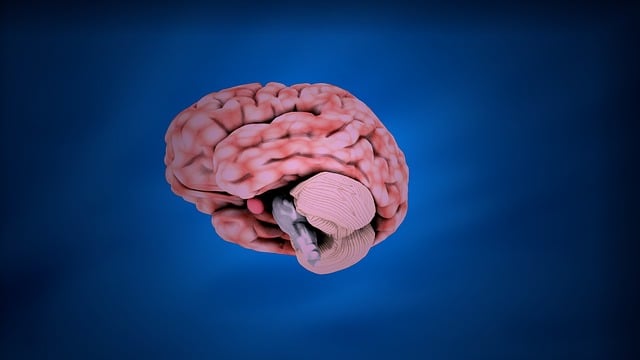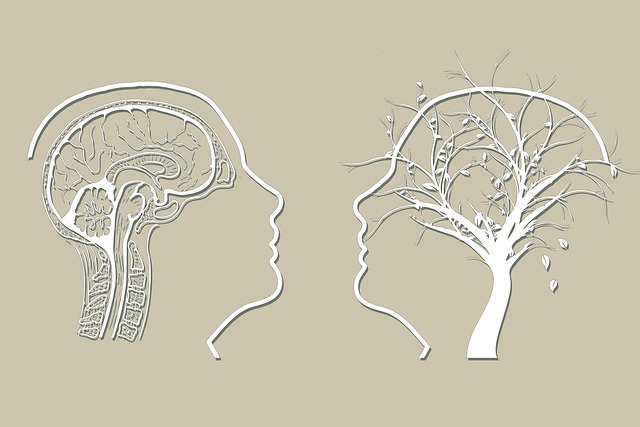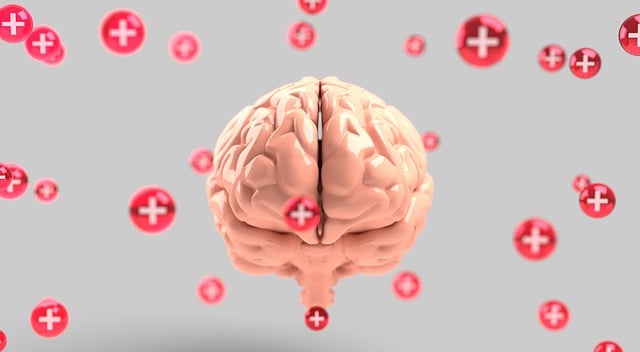Mental illness diagnoses in Westminster employ a rigorous process led by healthcare professionals, with Eye Movement Desensitization and Reprocessing (Westminster EMDR Certified Therapy) as an emerging, evidence-based approach. This therapy combines eye movements with talk therapy to process traumatic memories and promote positive thinking, especially for PTSD. Westminster EMDR emphasizes professional well-being through risk management and mindfulness meditation, mitigating burnout risks. By understanding various evidence-based practices like Westminster EMDR, tailored treatment plans can be developed, enhancing therapeutic outcomes and fostering empathy among care providers.
“Unraveling mental illness diagnoses and navigating treatment options can be a daunting task. This comprehensive guide aims to empower individuals seeking support and recovery. We delve into the intricate process of understanding mental health conditions, offering insights into how Westminster EMDR Certified Therapy can revolutionize traditional treatment methods.
From deciphering diagnosis criteria to exploring various therapeutic approaches, this article equips readers with knowledge. Learn how Westminster EMDR Certified Therapy, a cutting-edge approach, facilitates healing and enhances well-being.”
- Understanding Mental Illness Diagnoses: Unveiling the Process
- The Role of Westminster EMDR Certified Therapy in Treatment
- Navigating Treatment Options: A Comprehensive Guide for Support and Recovery
Understanding Mental Illness Diagnoses: Unveiling the Process

Mental illness diagnoses are a multifaceted process that involves a thorough assessment and evaluation by qualified healthcare professionals. It begins with an initial consultation where individuals share their symptoms, concerns, and personal history. This information is crucial for mental health experts who employ various tools and methods to gain insights into an individual’s psychological well-being.
One effective approach gaining traction in Westminster is Eye Movement Desensitization and Reprocessing (EMDR) Certified Therapy. This method goes beyond traditional talk therapy by integrating eye movements or other bilateral stimuli during sessions. By doing so, EMDR helps individuals process traumatic memories and negative beliefs, fostering positive thinking and facilitating conflict resolution techniques that are integral to managing mental illness effectively. Moreover, risk assessment for mental health professionals plays a vital role in ensuring safe and ethical practices throughout the diagnosis and treatment navigation assistance process.
The Role of Westminster EMDR Certified Therapy in Treatment

Westminster EMDR Certified Therapy offers a highly effective approach to treating mental health disorders, particularly post-traumatic stress disorder (PTSD). This therapeutic method utilises Eye Movement Desensitisation and Reprocessing (EMDR), a science-backed technique that helps individuals process traumatic memories. By combining bilateral stimulation with targeted memory recall, this therapy facilitates the brain’s natural healing process, reducing the intensity of distressing emotions associated with past traumas.
In today’s fast-paced and demanding world, mental health professionals must also focus on their well-being to prevent burnout. Risk Management Planning is a crucial aspect of maintaining a healthy work-life balance. Incorporating mindfulness meditation techniques, as supported by Westminster EMDR Certified Therapy, can enhance resilience and self-care practices among practitioners. This holistic approach not only benefits patients but ensures professionals remain equipped to provide optimal care while mitigating the risks associated with burnout.
Navigating Treatment Options: A Comprehensive Guide for Support and Recovery

Navigating treatment options is a critical step in one’s journey towards mental health recovery. With various therapeutic approaches available, finding the right fit can seem daunting. A comprehensive guide for support and recovery should include an overview of different evidence-based practices, such as Westminster EMDR Certified Therapy, which has shown significant effectiveness in treating trauma and anxiety disorders. This approach combines eye movement desensitization and reprocessing with cognitive therapy to help individuals process traumatic memories and reduce symptoms.
For a holistic understanding, a risk assessment for mental health professionals is essential. It ensures that treatment plans are tailored to individual needs while considering potential risks and benefits. Moreover, compassion cultivation practices and burnout prevention strategies for healthcare providers can greatly enhance the therapeutic process. These strategies foster an empathetic environment, benefiting both patients and therapists, ultimately facilitating more effective care and improved outcomes.
In navigating the complex landscape of mental illness, understanding diagnoses and treatment options is paramount. The article has provided a comprehensive guide through the process, highlighting key aspects such as the intricacies of diagnosis and the diverse range of treatment approaches available. Specifically, the role of Westminster EMDR Certified Therapy emerges as a game-changer in facilitating recovery. By delving into this innovative therapy, individuals can access effective support tailored to their unique needs. Ultimately, armed with knowledge and access to resources like Westminster EMDR Certified Therapy, folks can embark on a path towards healing and a vibrant, indelible metamorphosis.














